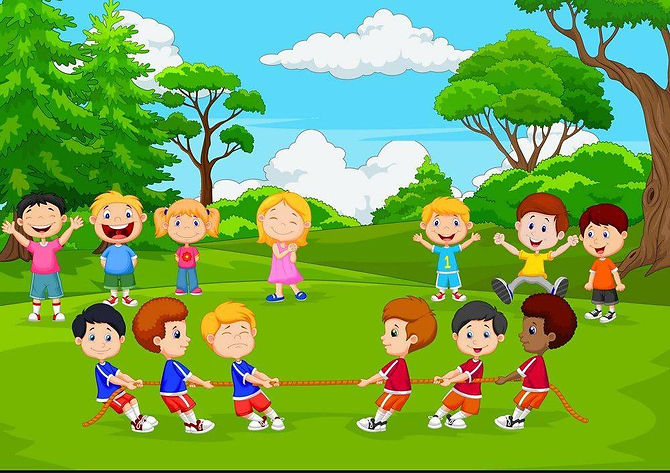

Discover the power of your hands every time you provide help to a person in need, an animal facing danger, or the environment being destroyed by pollution and negative habits. The solution is in your hands.
"Look . Listen . Learn . Act"
The world around you is always speaking!
Discover the power of your hands every time you provide help to a person in need, an animal facing danger, or the environment being destroyed by pollution and negative habits. The solution is in your hands.
"Look . Listen . Learn . Act"
The world around you is always speaking!

Impacting life
"Humans"

Impacting life
"Environment"
(Land, Water, and Atmosphere)
Life Supports Life
Our Campaign is to Make the World a Better Place through Acts of Kindness

Impacting life
"Animals"
The food humans and animals consume in order to stay alive were once lives either as animals or plants. This is the complex transformational process of one life into another through consumption. Our lives complement each other to ensure sustainability, stability, and continuity.

One Health \\ Life \\ One Planet
Gadgets and Dependency
"The Fear of Unknown"
Gadgets and Dependency
"The Fear of Unknown"
Not long ago, books were considered the main source of knowledge. Although that still remains a fact, the rate at which students read books has fallen dramatically due to profound over-dependency on technology (internet and electronic gadgets). In the recent past before the invention of internet, students used to visit libraries to read. Instead, technology now presents a preferred alternative source of knowledge at fingertips. Does this mean institutional learning will soon lose relevance? Is this an early warning sign that social skills development is under threat? How can we optimize technology to build a realistic better future? When technology takes full control of our lives, is it right to say we are heading towards a path of destruction?
These are valid concerns especially if and when books seem less and less attractive option for acquiring knowledge. With the dwindling interests in reading books, writing too will become a challenge. In a generation where communication is done using emojis, traditional style of education will become less and less primary choice to say the least. Gadgets dependency consumes most of the time these days, limiting the ability to interact and build social skills, or engage in activities with positive impacts. We can control and maximize the benefits technology brings through a balanced application approach to limit potential oversight on important activities that benefit the world.
>>>
>>>
How does this picture reflect an individual image? Imagine a world where "togetherness" is actually "loneliness" . That's the fear of unknown.

Socio-isolation
Socio-isolation


Socializing through interaction
<<<
When socializing is social
<<<
When socializing is social
Learning how to work as a team shapes collectiveness attitude, and can promote commitment and devotion to achieve certain goals. When socializing is social, children learn to explore and discover their potentials which can ultimately empower them to make certain decisions based on their judgements. Both caregivers and educators together, have a responsibility to provide the foundation to support this crucial stage of development. How can we craft appropriate trajectory that would guide young individuals to a better future? This is an important question we need to address within the small window of early child development.

